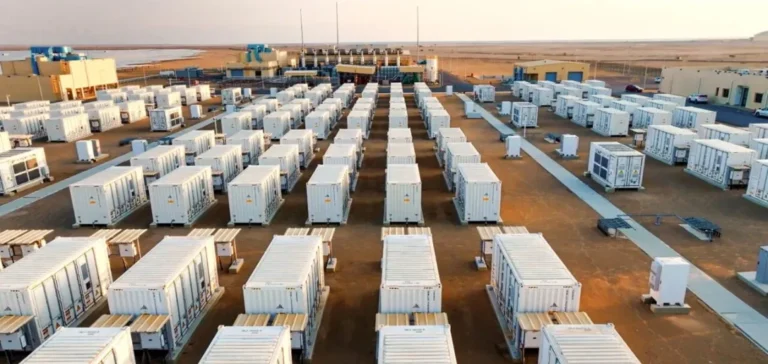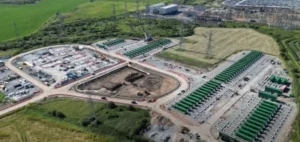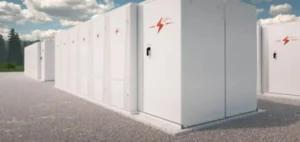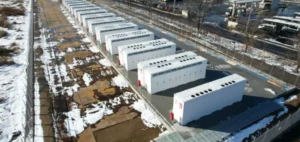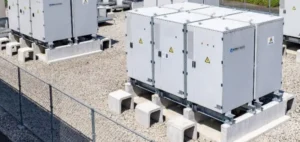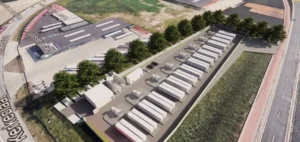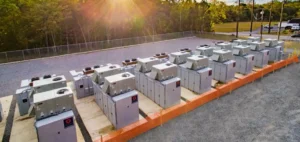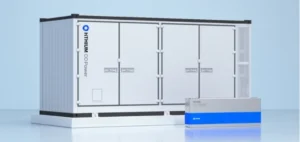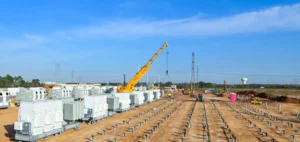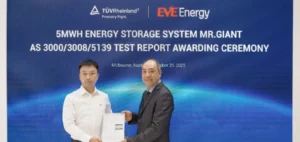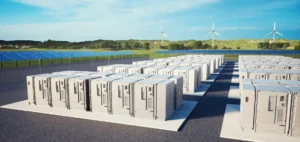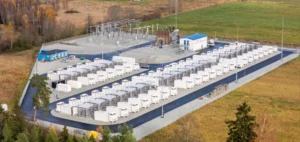Kuwait’s Ministry of Electricity is currently negotiating the development of a battery storage system with a discharge capacity of 1.5 gigawatts and a total storage capacity estimated between 4 and 6 gigawatt-hours. The project aims to alleviate growing pressure on the national grid, which has been affected by recurring power shortages.
A power system strained by rising demand
Rapid population growth, urban expansion, rising temperatures, and delays in plant maintenance have placed significant strain on the country’s electricity system. Since last year, authorities have implemented scheduled outages in several areas to preserve grid stability.
According to Adel Al-Zamil, a senior official at the Ministry of Electricity, the project remains in the negotiation phase, with no details disclosed on the parties involved. However, he stated that the talks are progressing toward a favourable outcome. The battery storage initiative is part of the government’s strategy to secure power supply and reduce reliance on fossil fuels during peak consumption periods.
Energy infrastructure revived after political deadlock
After several years of institutional paralysis, Kuwait’s energy sector has seen renewed momentum following the dissolution of parliament in 2024 by Emir Sheikh Meshal al-Ahmad al-Sabah for a four-year period. This move has unlocked major infrastructure projects that had been on hold.
Among them are the Al-Khairan power plant and the first phase of the Shagaya renewable energy complex, with a combined planned capacity of nearly 2.9 gigawatts. The Public-Private Partnership Authority (PPP) launched a tender in September for the first phase of Al-Khairan, expected to deliver at least 1.8 gigawatts.
Towards a new era of energy storage
The first phase of the Shagaya project, with a planned capacity of 1,100 megawatts, has already completed its prequalification process and is scheduled for award in 2026, alongside Al-Khairan.
If implemented, the battery storage project would be one of the largest in the Middle East, providing Kuwait with essential energy flexibility to meet growing demand and reduce recurring blackouts.


